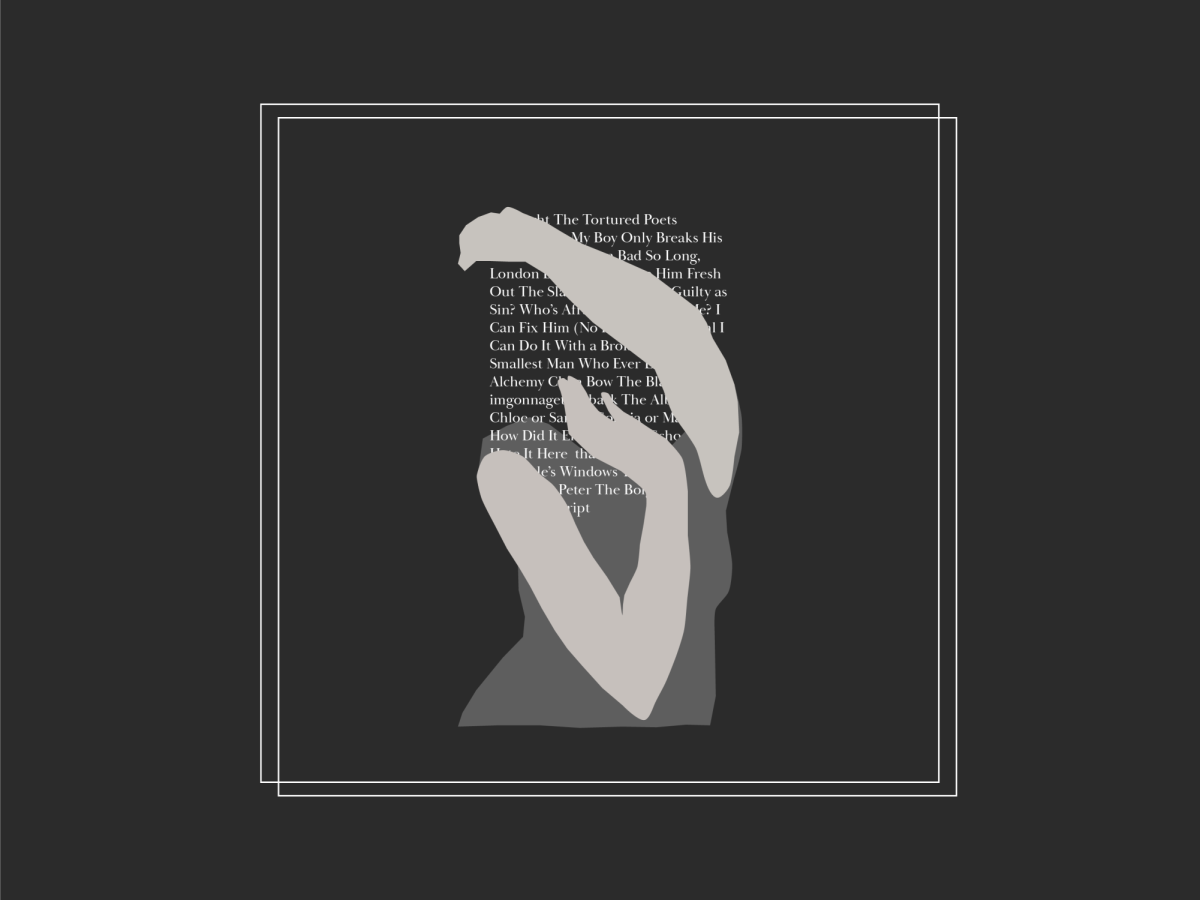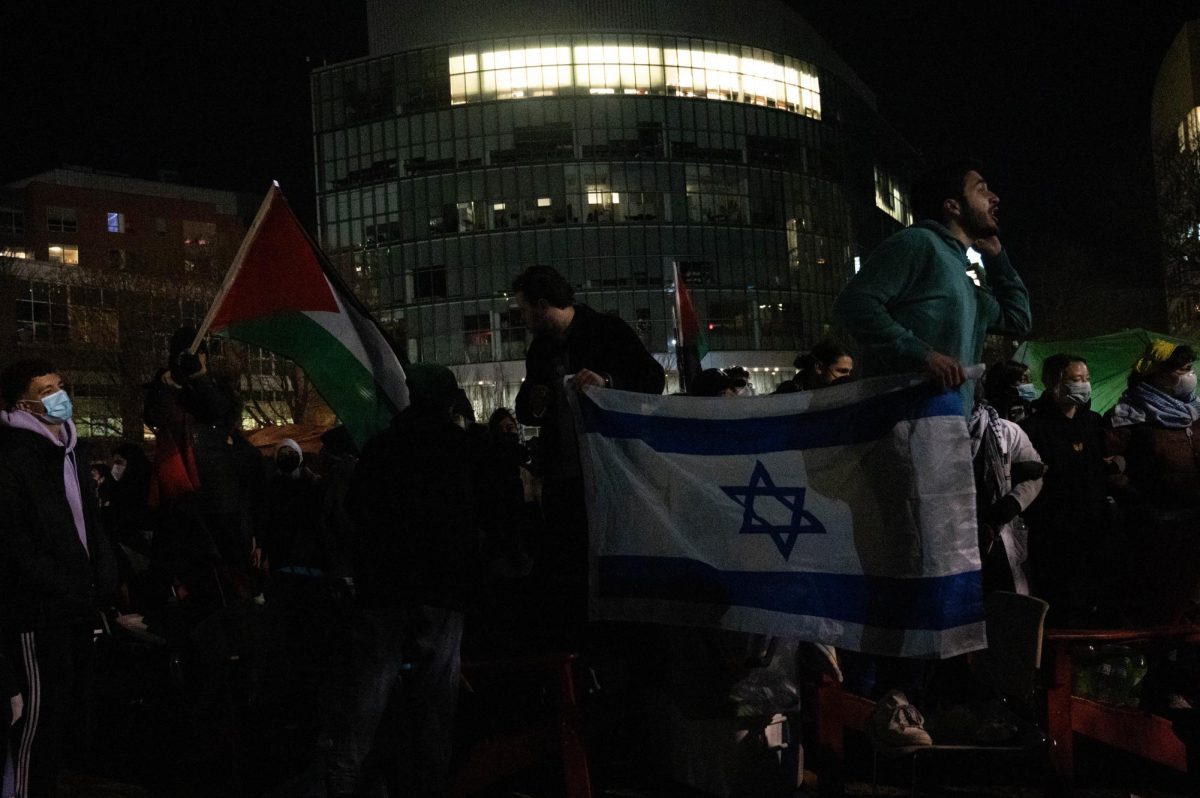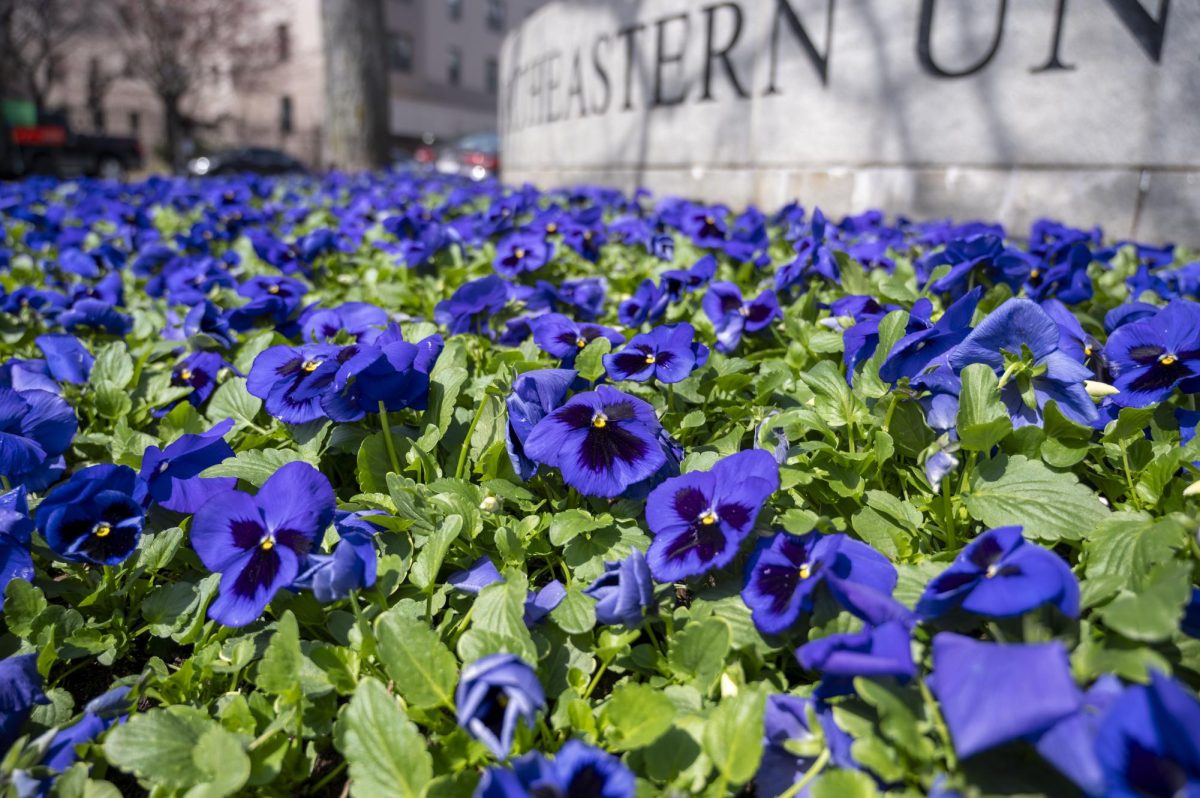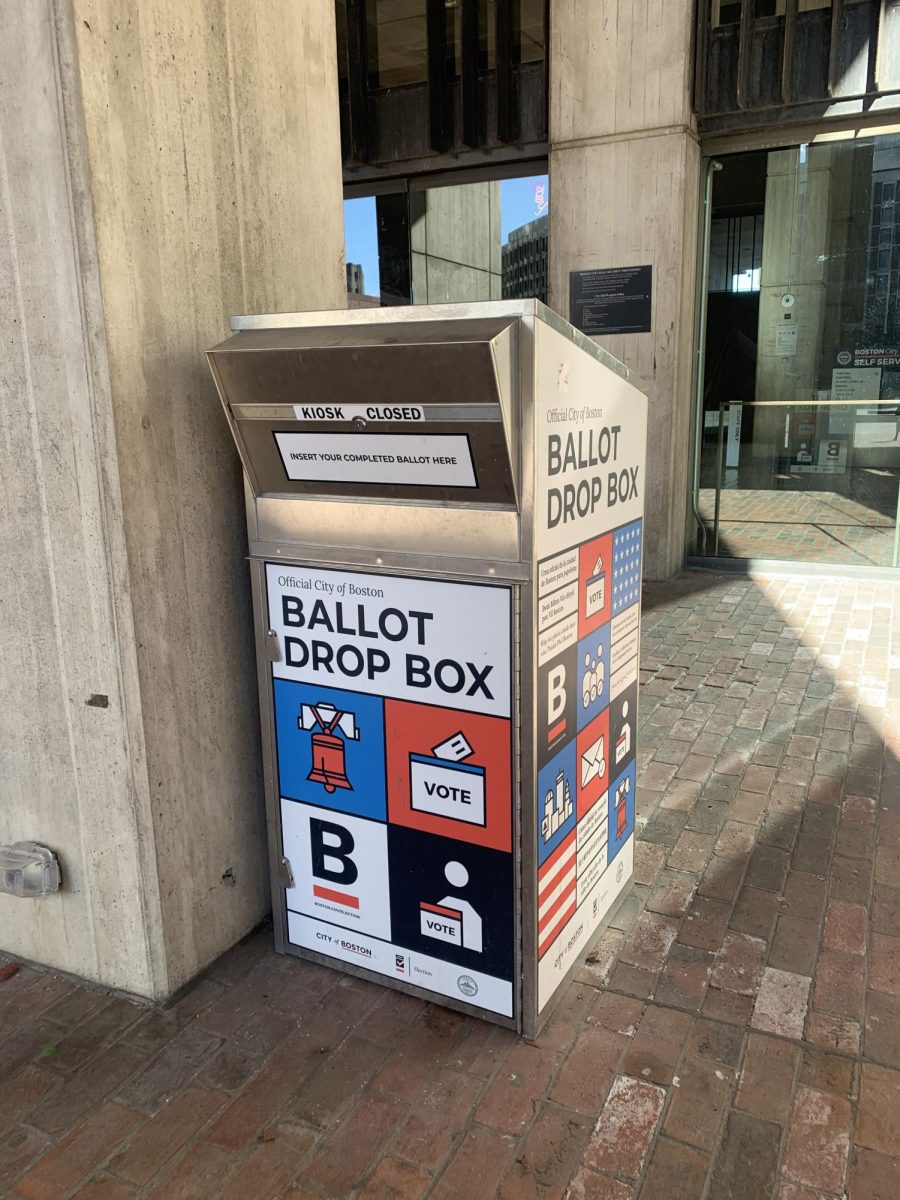Northeastern’s temporary suspension of Students for Justice in Palestine over the group’s latest Apartheid Week stunt is a despicable display of censorship not becoming of any academic institution, nonetheless Northeastern, an aspiring “global leader.”
The group was slapped with the suspension for slipping false evacuation notices underneath students’ doors in order to bring attention to the plight of Palestinians who face evictions by Israeli authorities. The administration claims this is not an attempt to restrict the group’s speech or the “exchange of disparate ideas,” but that is exactly what the university has done.
This is not the first time the administration has punished SJP for violating a questionable university policy. In June, the school punished the organization for staging a walkout at a Holocaust Week presentation by members of the Israeli Defense Force because the group did not get prior approval for the protest.
Speech is not only a fundamental right, it is also an inherent educational activity. The free flow of ideas in all forms should be protected by Northeastern. In the case at hand, it is clear that SJP’s actions were an intrical part of the message the group was trying to convey. When action goes hand-in-hand with speech, any attempt by the administration to regulate said action should be seen as a regulation on speech.
Although clearly the university has an interest in regulating student conduct, any such regulations that result in an incidental restriction of speech – especially political speech – should be treated as inherently suspect. While there very well may be some instances in which the administration must infringe on speech to protect a more important interest and would be justified in doing so, the university has failed to show that to be the case here. Northeastern indeed has an interest in regulating the distribution of flyers in a residence hall and maintaining order during presentations, but such activity does not place a high enough burden on the rights of other students or cause enough of a disruption of university business to justify the policy’s incidental suppression of speech.
The administration is clear that SJP violated a school policy. That a rule was broken is not in dispute. But just because a rule is on the books it does not mean the school is right to enforce it, especially when the purposes of said regulation cannot justify its effects.
The university should lift its suspension on SJP and revisit its policies regarding the conduct of students and student groups when it comes to speech and speech acts. At this time there is not enough evidence to accuse the administration of singling out SJP for the content of its speech. Even so, it should horrify students that the university has policies in place that create an even incidental restriction on speech and certainly have the potential to be abused for the purpose of suppressing speech disfavorable to the administration.













